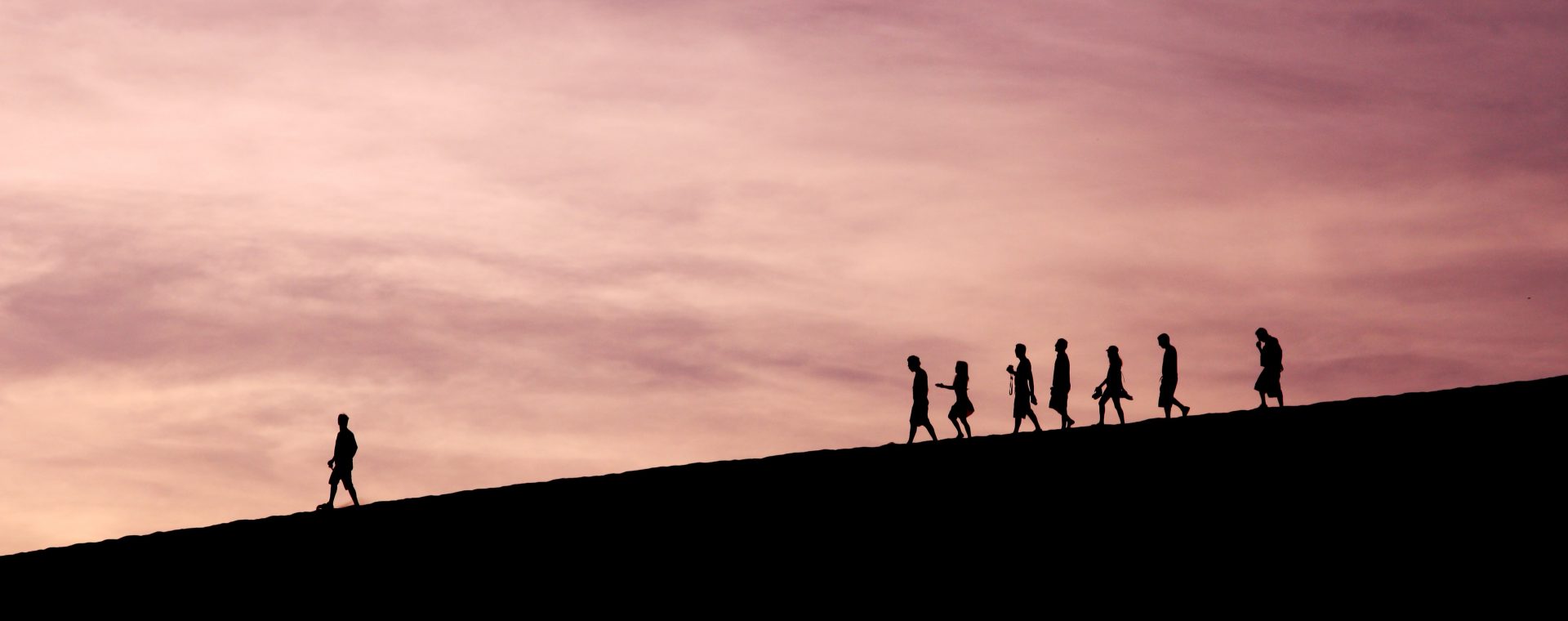
This is a reflective essay written as part of the WISE Emerging Leaders program.
‘What comes to mind when you think of a leadership retreat for young educators?’
That was one of the biggest questions I pondered upon as the WISE residential session came to an end early July. Following 10 days of immersion into concepts like capacity building, systems change in education, and the power of building learning ecosystems, I walked away feeling like I had a newly found understanding of leadership and learning, and what they both meant in the context of my work in education. This made me wonder: What was I expecting before coming here? And what notions of leadership and learning had I un-learnt during my time at the residential session? And, most importantly, what definitions of each should we seek to embody in the face of the complex and systemic issues our world is currently grappling with?
Almost a month later, I am still reflecting on what made the experience so unique and below are five of my biggest takeaways.
Leadership ≠ job title.
More often than not, we are used to associating leadership with specific job titles, personality types, or career milestones. However, the WISE approach to leadership prompted us to move past that understanding and into one that acknowledges that leadership is a continuous and inevitable process. And one that requires learning, un-learning, and re-learning. During the sessions, we specifically learnt about weaving leadership as a tool to challenge the more common ‘heroic leadership’ approach.
Leadership = Learning to listen and listening to learn.
During our time together, we practiced approaching big problems with curiosity, adopting beginner’s minds’, and explicitly agreed to relieve ourselves of the pressure of trying to be the smartest people in the room. The result? Learning was organic, continuous, and authentic.
Leadership = Power in the collective.
Our time at the WISE residential session could be best described by a shared responsibility and ownership over our individual, and each other’s learning and growth. Together, we frequently moved between thinking of personal guiding stars to building collective visions for the future of education. We were able to shape our own learning experiences, add to, and challenge what each of us already knew in a way that felt empowering and ‘un-lonely’.
The value of blurring the lines between working, learning, and living.
For me, the WISE residential session was not only a powerful experience in peer-to-peer learning but, more importantly, in the magic that happens when learners are invited to show up wholly into spaces that were designed to be co-created by them. The learning experience felt like an extension of life, rather than an interruption of it.
The power of a long break and a good meal.
At the WISE residential session, the days were designed to – almost forcibly – slow us down and help us connect; breaks were intentionally long and the food heart-warmingly delicious. Both combined, offered a unique opportunity for reflection, growth, and an unexpected bond over our love of chili.
As part of my current role at Re:Coded I am responsible for developing a 21st Century Skills learning experience that allows learners to engage with, apply, and reflect on some of the essential (non-technical) skills needed for the future of work. Initially, I had applied to the WISE fellowship hoping to answer the following questions: 1) What kinds of competencies (knowledge, skills, attitudes, and values) do today’s students need to thrive in and shape the future for better lives and for individual and societal well-being? And 2) how might we design learning environments that can nurture such competencies?
One of my biggest takeaways during the residential session has been to create learning experiences in which learners can engage with these complex, layered, and sometimes unquantifiable skills with curiosity, within a community, and as a lifelong journey. Rather than focusing on measuring progress within time constraints, the key to a powerful 21st Century Skills learning experience is designing for intrinsic motivation, creating a space where learners can ask questions and draw from their personal experiences, and building a community of practice in which learning can once again become organic, continuous, and authentic.
Moving forward with this project and my work as an educator, I am excited to explore how I might recreate more learning environments in which the WISE approach to leadership and learning is taught and embodied.
Re:Coded is a non-profit empowering youth from untapped communities to get careers in tech through immersive bootcamps.


